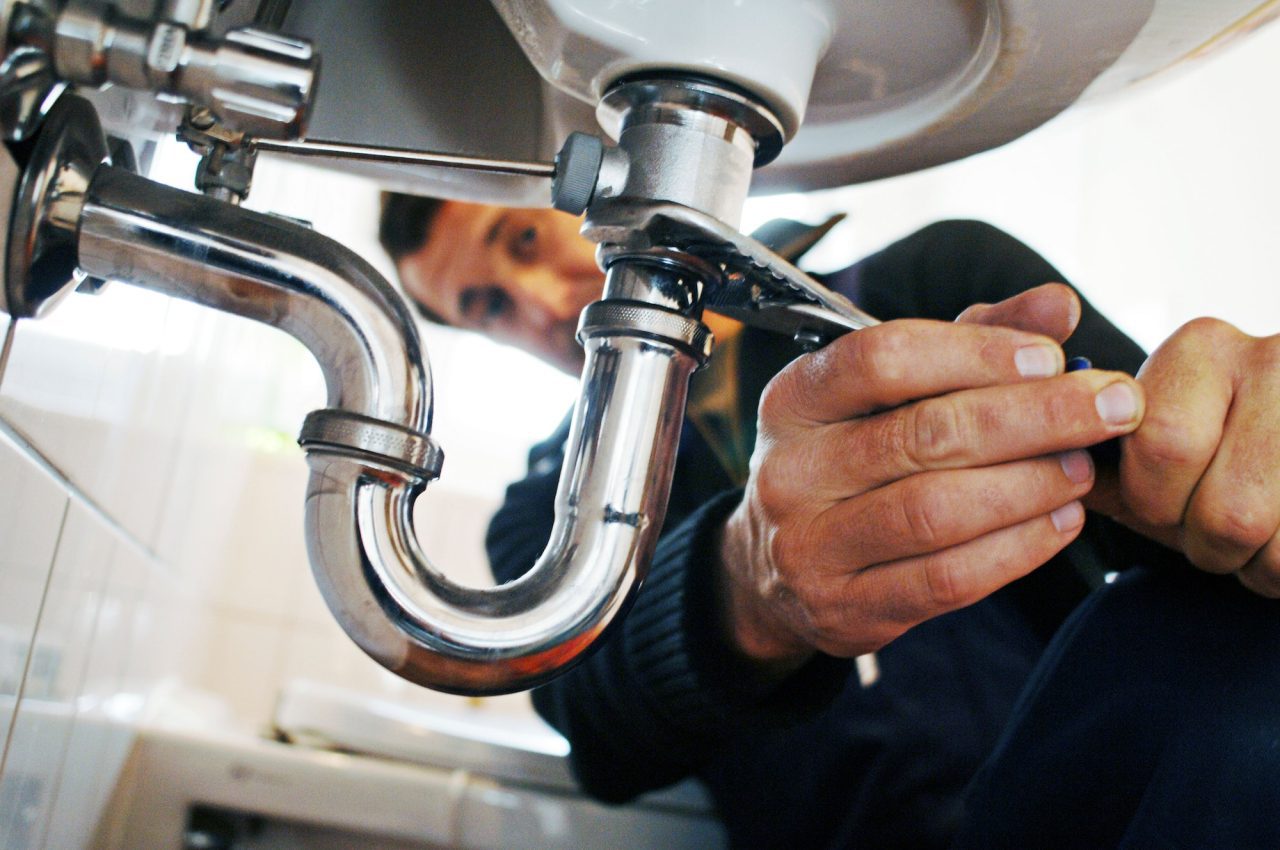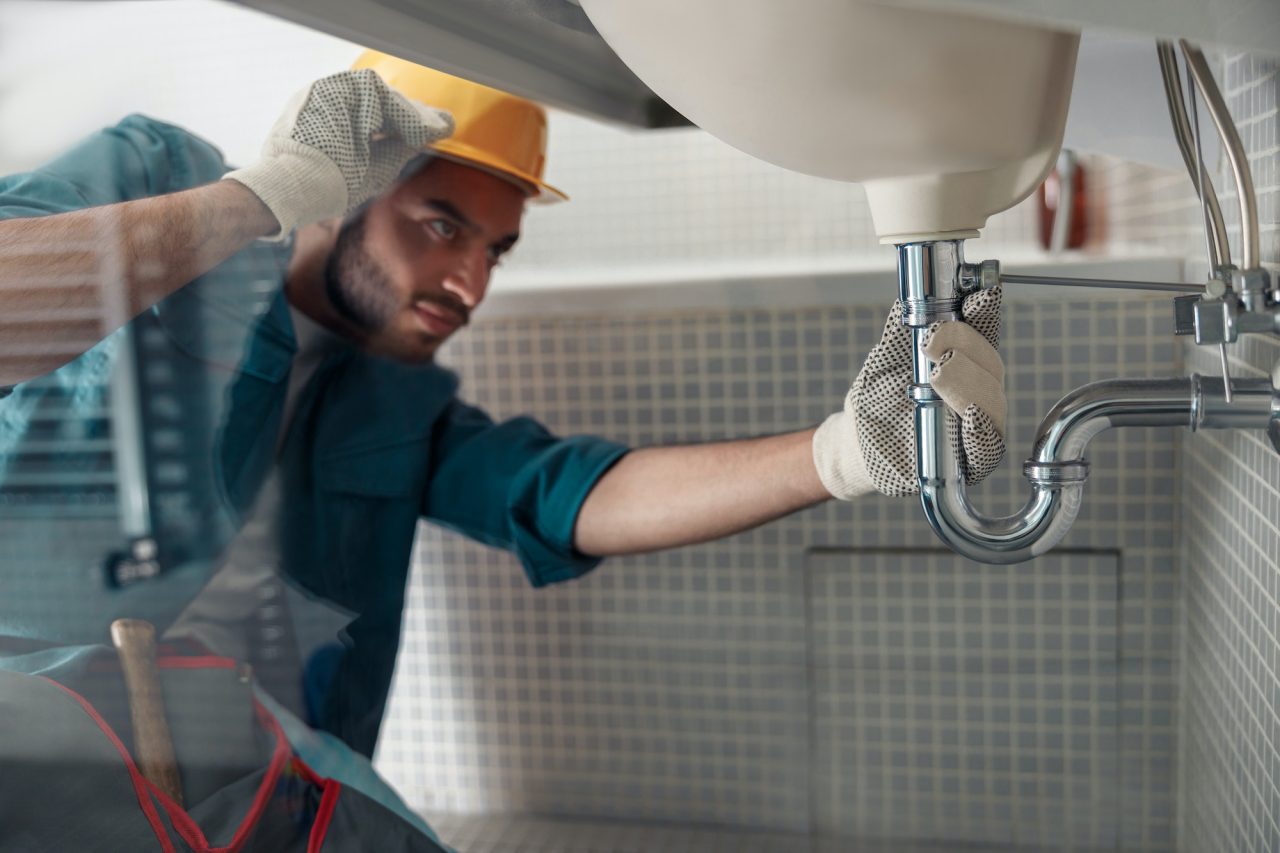Water heater issues: A leaking water heater usually indicates a faulty tank, valves or pipe fittings. Many Santa Rosa homeowners notice water collecting near the base or leaking from the unit, which can indicate rust, loose components, or elevated water pressure. Don’t ignore warning signs such as puddles, rust stains or strange noises coming from your heater — leaks can result in higher bills, water damage and even mold. Basic checks, such as examining the pressure relief valve or checking the tank for cracks, can assist identify the source. To keep things safe and sidestep expensive repairs, it’s helpful to understand the most common causes of heater leaks and what to do next. The following sections will dissect these points.
Key Takeaways
- Taking pictures of the incident helps with insurance claims and any repair decisions down the road.
- Typical culprits of leaks are corroded tank, leaking connections, faulty pressure valve, damaged drain valve and sediment buildup, which all have to be inspected and maintained accordingly. Monitoring and maintaining these parts regularly can greatly cut down on sudden breakdowns.
- Local environmental factors like hard water and coastal humidity, and seismic safety standards all factor into water heater lifespan and performance. Tailoring your installation and maintenance habits to these special regional forces can improve dependability.
- Whether to repair or replace a water heater depends on the age of the unit, how much a repair costs compared to a new one, and the efficiency benefits of newer models. Factoring these considerations into your decision can help you make the most cost- and energy-savvy choice for your home.
- An aggressive maintenance schedule — such as annual flushing, valve tests and anode rod inspections — can prolong the lifespan of a water heater and increase efficiency. For early detection, schedule professional inspections annually.
- If you’re in the market for a new water heater, factor household hot water demand, location and space concerns, as well as the advantages of energy-efficient or tankless options. By doing your due diligence on Energy Star options and seeking professional advice, you can ensure long-term savings for your home and the environment.
Why Your Water Heater Leaks
Age, wear, and the environment are all factors. Knowing what causes them lets you react quickly and avoid additional destruction.
Corroded Tank
A corroded tank is the deadliest leak culprit. You may observe rust or brown stains on the exterior or bottom of the tank. This often means the inner metal is exposed to water — typically because the glass lining inside has cracked. Hard water—mineral-rich—can accelerate this by creating micro abrasions that cause rust. If your heater is older than 15 years and tank style, then it’s more likely to cause corrosion. Older tanks (and particularly those that were never flushed or serviced) are at higher risk. Once corrosion is extensive, unit replacement tends to be the only remedy.
Faulty Connections
Loose or worn connections are a common culprit. No matter the age or type of water heater, it relies on tight plumbing joints. A loose fitting can drip a little, damaging mold or floor rot. Wrench-tightened fittings and pipe tape at threaded joints prevent leaks. Check connections with every inspection and be sure to heed the warning if you detect water pooling beneath your heater. Other times, leaks from above follow pipes down and feel like a tank problem when it’s really just a loose fitting.
Pressure Valve Failure
The pressure relief valve protects your water heater by venting extra pressure. When it gives out, it’s not uncommon for leaks to come up at the bottom or sides of the tank. Periodic testing keeps it operational–simply lift the lever and see if water escapes from the drain pipe. If the valve drips constantly or fails to snap back, replace it immediately. Skipping this component can lead to unsafe pressure buildup or complete heater breakdown. Adequate pressure control avoids both leaks and more severe incidents.
Damaged Drain Valve
A cracked/broken drain valve is another common trouble area. Look for drips or wetness immediately below the valve. If you do, replace the valve before a small leak becomes a flood. So be sure to double check that it’s closed after you drain your tank for maintenance. Call a pro if you don’t know how to replace it.
Internal Sediment
Sediment settles at the base of the tank as the water warms. This buildup causes hot spots and stresses the tank, which frequently leads to leaks. Flushing sediment from the tank every year cuts down on this issue. Keep an eye out for cloudy water or strange noises, which can be indications of sediment problems. Tackling buildup when it’s young stretches the heater’s longevity.
Santa Rosa’s Unique Factors
Santa Rosa’s climate and location present unique factors for water heaters. Local water quality, seismic codes and coastal influences all affect why leaks happen and what a homeowner should do.
Hard Water Impact
Hard water, of course, is a big problem in our neck of the woods. It causes minerals like calcium and magnesium to accumulate inside water heaters — reducing efficiency and eventually causing leaks. This accumulation creates a layer of sediment in the tank’s base, forcing the heater to work harder — and sometimes overheat.
A water softener can prevent these minerals from accumulating in the tank. Periodically flushing the tank once or twice a year is a smart move to cleanse any sediment from the system. Water quality is a good one to monitor and detect problems before it becomes a costly leak. Skipping these steps doesn’t just waste water—up to 10,000 gallons per household annually—it reduces the heater’s lifespan.
Seismic Area Codes
Santa Rosa is located in a seismic zone, making adherence to local codes when installing water heaters crucial. These codes mandate that heaters be anchored to avoid falling over during an earthquake. Homeowners should verify that their unit is strapped with earthquake-resistant bands and bolted to the wall. Not doing so jeopardizes the home and its occupants.
Rules can shift, so check with a local expert or your building office about current factors. Well-installed equals less leaks and less damage after earthquakes. Earthquake straps are not only a safety recommendation, but a requirement.
Coastal Climate Effects
Because of Santa Rosa’s close proximity to the coast, this translates to higher humidity and salty air. This atmosphere accelerates rust and corrosion on internal and external metal components of water heaters. Even newer units can wilt if the components aren’t built to withstand these factors.
Opting for a heater with corrosion-resistant materials, like stainless steel or coated tanks, creates longevity. Regular inspections for rust or leaks, particularly post rainy season, are a must. Annual maintenance prevents and saves money in the long run!
Repair or Replace Decision
Repair or Replace Leaking Water Heater Homeowners need to think beyond the quick fix and instead think long term about performance, safety and costs. Every water heater’s age, maintenance record, repair costs and efficiency all play a role in this decision.
Consider Age
The age of your water heater is more important than you think. Most water heaters last eight to twelve years, but hard water or heavy use can reduce that range. If your heater is older than ten years it’s probably going to break or leak again even after repair. Units cats cursing the tail end of their life expectancy tend to need lots of repairs and those tend to add up in terms of both cost and inconvenience.
A heater that’s still under warranty can make the case for repairs, but if it’s out of warranty or exhibits warning signs such as corrosion, replacement could be the smarter decision. Factor in the upkeep — well-maintained heaters tend to outlive neglected ones, but if you’ve skipped the checkups, leak-prone issues increase.
Compare Costs
Factor | Repair | Replace |
Upfront Cost | Lower (simple leaks) | Higher (new unit) |
Long-term Cost | May add up | Lower maintenance |
Energy Efficiency | Unchanged | Improved |
Warranty | Limited/expired | Full new coverage |
Energy Savings | Minimal | Up to 30% yearly |
An easy valve or pipe repair might appear inexpensive, but if your tank is rusted or leaking from the bottom, a new heater is generally a smarter purchase. Newer ones are typically more energy efficient, too, saving you money. Compare repair quotes and replacement prices from various professionals. Consider not just the short term bill but what it will cost you over the next five plus years.
Evaluate Efficiency
Old water heaters can become inefficient from sediment buildup or aging parts — and are costly to operate. Today’s heaters, such as heat pump and condensing models, have higher efficiency ratings and can reduce energy consumption by a third or more. Getting a newer, more efficient model can save you money each month and keep your carbon footprint down — particularly if your unit is over 10 years old or has signs of rust and corrosion. Do the math on what you could save annually with a more efficient heater—these figures tend to pile up, particularly in hot water-heavy households.
If you care about sustainability, replacing an old, inefficient heater reduces your carbon footprint, as well. Which is doubly so if your region utilizes clean energy.

Proactive Maintenance Plan
A proactive maintenance plan allows homeowners to identify water heater concerns early, before leaks or failures occur. With some obvious, regular maintenance you can keep the system secure, speedy, and durable. Routine inspections prevent squandering, contain pricing, and keep water pristine.
Annual Flush
Yearly flushing to clear the sediment accumulation in the water heater tank. This scale is caused by minerals in water, such as calcium, and accumulates over time. Flushing is simply attaching a hose to the drain valve and allowing the water to flow out until it runs clear. If the tank isn’t flushed, sediment can clog heating elements, decrease efficiency, and cause overheating. Always refer back to the tank’s manual for details, because each model is a little different.
Once flushed, test the water. Clear, clean water indicates that the flush was a success. If the water remains gritty or cloudy, additional efforts may be necessary. Staying on top of flushing every year can prolong the heater’s life, assist it in heating water quicker, and reduce energy consumption.
Test TPR Valve
The temperature and pressure relief (TPR) valve is an important safety feature on every water heater. Testing the TPR valve involves lifting its lever to ensure water is released and the valve resets post-test. This allows us to avoid the risk of pressure building up too much and causing the tank to explode. Valves that stick or leak have to be replaced immediately.
Keep a record of every test, when you did it and if the valve functioned. These logs verify safe performance and assist debug future problems. Testing the TPR valve is a small job but critical for safety and peace of mind.
Inspect Anode Rod
The anode rod safeguards the water heater tank from rust. It’s a metal rod in your tank that pulls corrosive elements, so your tank doesn’t rust. Examine the rod every two or three years by extracting it and inspecting for pitting or loss of material. If it appears meager or covered in calcium, exchange it.
Replacing the rod is less expensive than repairing a rusted tank. These rods are readily available at your local hardware store. By scheduling rod checks during other routine maintenance, it’s easy to remember.
Maintenance Checklist
Make a checklist: annual tank flush, TPR valve test, anode rod check, thermostat check, wiring inspection, and record keeping. Knocking these out annually keeps leaks at bay, water protected and may even save a few bucks along the way.
Conclusion
Leaks don’t ever wait. A tiny leak today is an entire floor inundated tomorrow. Santa Rosa homes battle hard water and weather transitions. These hard hit water heaters. Look for rust, odd noises or slow heating. Clean the tank, flush it every once in a while. Quick inspections save dollars and stress. Select a new heater right for you and your space. Gas, electric, tankless — every option comes with compromises. Consult with a reputable local plumber. Get them asking simple questions. Find out NOW. Pass on the knowledge to friends or neighbors. Be prepared. If you detect a leak or are uncertain, act fast. Protect your home from flooding. Need tips or updates? CLICK HERE to read my blog or leave your own story!
Frequently Asked Questions
1. What should I do first if my water heater is leaking?
Most importantly, shut off the water and power to the heater! This aids in avoiding additional damage and maintains safety in your home.
2. Why do water heaters commonly leak?
The vast majority of leaks are either due to old age, loose connections, or high water pressure. Corrosion and bad valves too.
3. Can Santa Rosa’s climate affect water heater leaks?
Yes. Santa Rosa’s humid climate, combined with mineral-rich water, can accelerate corrosion and scale build-up — causing leaks.
4. Should I repair or replace a leaking water heater?
Think about age, leak size and repair costs. If your heater is more than 10 years old or requires expensive repairs, replacement is typically preferable.
5. How can I prevent water heater leaks in the future?
Arrange for yearly service, inspect for rust or loose components, and flush the tank periodically to clear sediment.
6. What type of water heater is best for Santa Rosa homes?
Energy efficient models — like heat pumps or tankless heaters – work best. Select one that is appropriate for your household size and water requirements.
7. Is it safe to use hot water from a leaking heater?
No. A leaking heater could be electrical or structural. Turn it off and have a professional check it out.
Get Reliable Water Heater Service in Santa Rosa — Fast, Honest, and Local Help Is Just a Call Away
Don’t let a faulty water heater disrupt your comfort another day. Whether you’re dealing with cold showers, inconsistent water temps, or a unit that’s completely shut down, the team at Yorkshire Plumbing & Drain Services is here to help. We provide fast, affordable, and honest water heater repair and installation services throughout Santa Rosa and nearby areas. With nearly a decade of hands-on experience, we know exactly how to restore your hot water and peace of mind.
Need help now? Call or message us today to schedule your no-cost estimate. We’re proud to offer same-day service when possible and are always ready for urgent jobs. Visit our Contact Page or give us a call — our local, family-owned team is standing by to get your hot water flowing again.
Disclaimer
The information provided on this website is for general informational and educational purposes only and is not intended as professional plumbing or construction advice. You should consult with a licensed plumber or qualified contractor for guidance specific to your home or situation. Do not rely solely on the content of this site to make decisions about plumbing repairs, installations, or maintenance. While we strive to keep the information current and accurate, it may not reflect the most recent industry standards or code requirements. Yorkshire Plumbing & Drain Services disclaims all liability for any actions taken or not taken based on the content of this site, to the fullest extent permitted by law.





